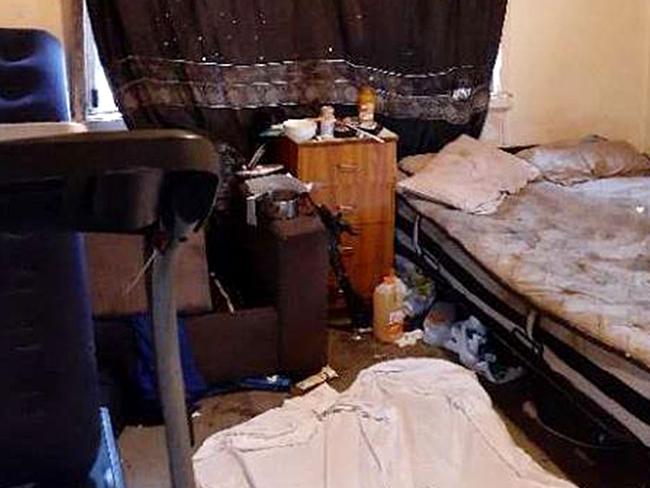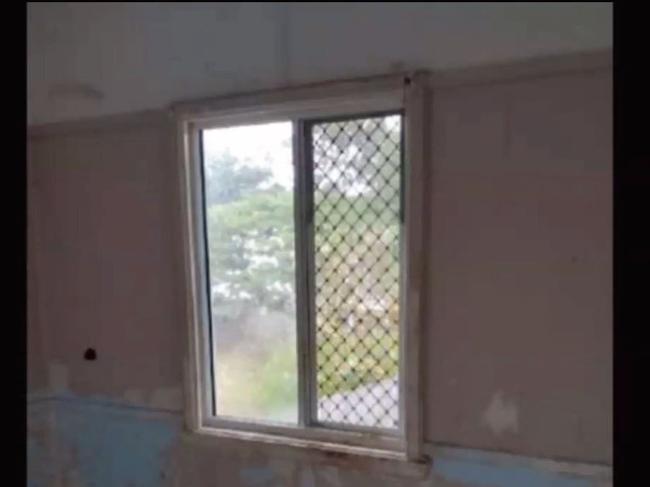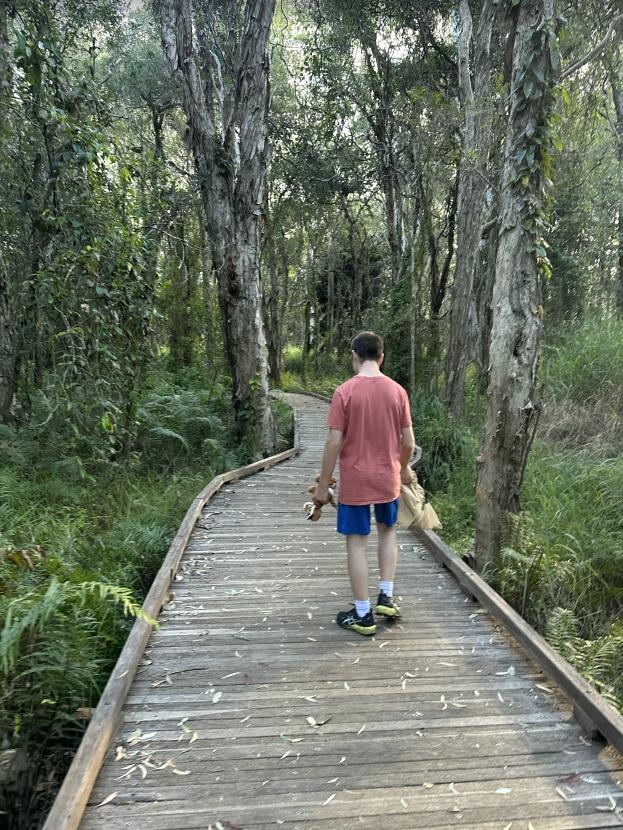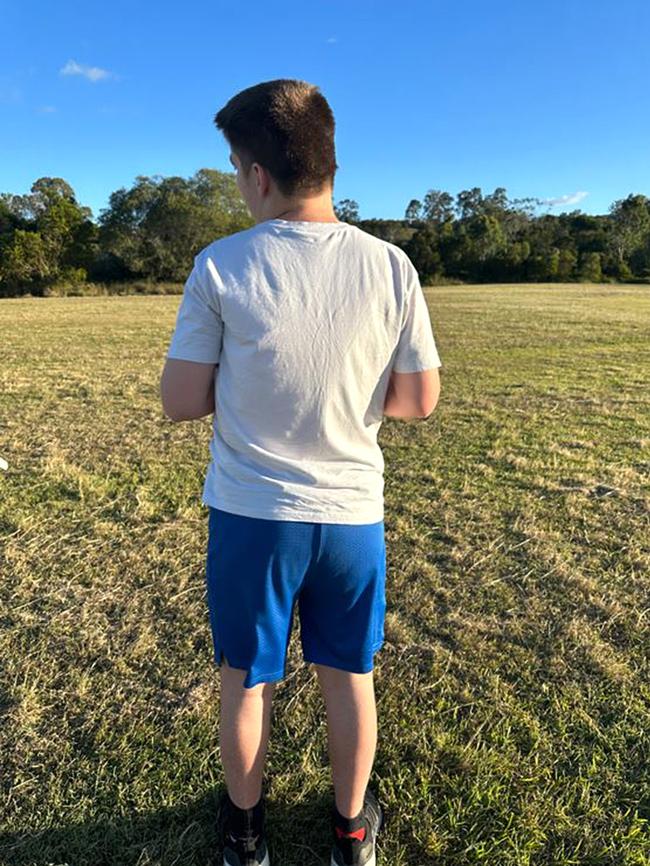Disability Royal Commission questions Queensland Health executive
A Royal Commission has raised concerns for the ongoing medical treatment of two neglected Brisbane brothers with autism given the absence of a review into their particular circumstances.
Police & Courts
Don't miss out on the headlines from Police & Courts. Followed categories will be added to My News.
A Royal Commission has raised concerns for the ongoing medical treatment of two neglected Brisbane brothers with autism given the absence of a review into their particular circumstances.
The brothers, known through pseudonyms as Kaleb and Jonathon, were 19 and 17 when they were found severely malnourished, wearing nothing but soiled nappies, locked in a bare room while their father lay dead in the next room in 2020.
The Disability Royal Commission spent this week examining the failure of Queensland government departments and agencies to prevent the violence, abuse and neglect suffered by the boys while in the care of their father.

At a hearing in Brisbane counsel assisting Gillian Mahony questioned Queensland Health executive Frank Tracey’s position that the boys had received “a high quality provision of clinical care” over the years.
The Commission heard that as a child and toddler Kaleb had repeatedly missed paediatric health appointments.
“Putting aside emergency attendances … there was very little and very irregular engagement by Kaleb through his father at the hospital,” Ms Mahony said.
“If someone’s simply not attending appointments, you’re not providing clinical care, are you?”
“Well, that’s correct, however, in the context of providing clinical care, parents and children and young people often do not attend appointments for a whole variety of reasons,” Mr Tracey responded.
Ms Mahoney asked if boys had ever received a medical diagnosis prior to the death of their father three years ago.
“If that was the case that would indicate that one of those indicia of high quality clinical care had not been met, correct?” she asked.
“I can‘t comment on that, the inference that you draw,” Mr Tracey responded.
Mr Tracey said when a young person like Kaleb was missing appointments it would have been flagged in the Suspected Child Abuse and Neglect (SCAN) system.

SCAN involves representatives from Queensland Police and the child safety, education and health departments meeting to discuss a child’s protection needs.
The Commission heard concerns had been raised at a SCAN meeting in 2018 that Jonathon’s father may have been “minimising” his seizures.
Ms Mahony suggested this should have been more of a concern for SCAN participants.
“The fact that a young person with a history of seizures, chronic seizures, hospitalisation for seizures SCAN ought to have the medical representative follow-up on the concern. Correct?,” she said.
“That’s a reasonable conclusion,” Mr Tracey responded.
Mr Tracey said the health department’s role in SCAN was to provide expert advice and that may have been given but not recorded in the notes. However he agreed with Ms Mahony that was a “deficiency” in the process.


Ms Mahony asked whether there could still be issues that impact on the care provided to the boys given no review had been conducted into their “individual circumstances”.
“Does that not mean there are still systemic issues that may … impact on the provision of care by hospitals to those now adults?” she asked.
“If I understand your assertion correctly, yes, I agree,” Mr Tracey said.
“I think there is room for improvement in how we are connected across the system and particularly for children and young people who are vulnerable as is the case with these two young men.”
Mr Tracey agreed the boys came to the attention of Queensland Health in circumstances where there were signs of neglect and abuse.
“At a very early age, the record would support that. In fact, at birth,” he said.


